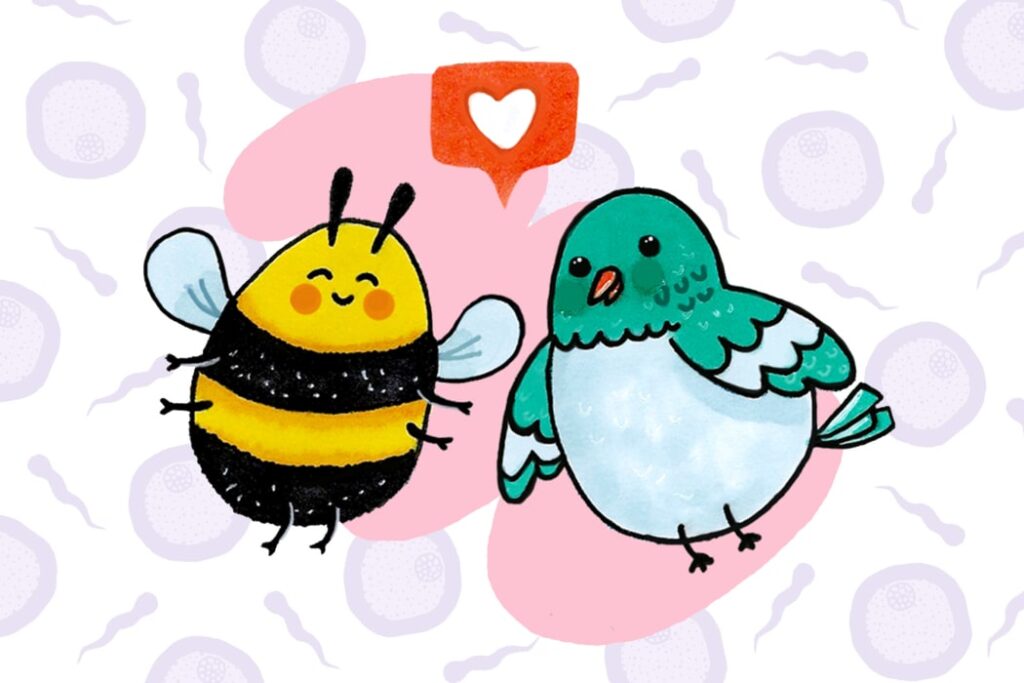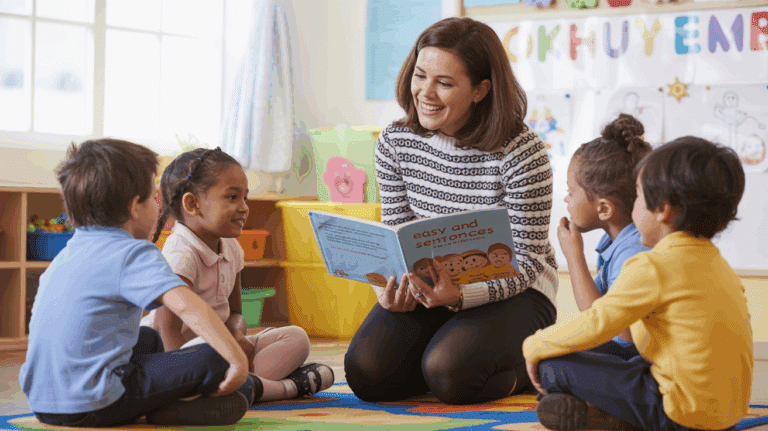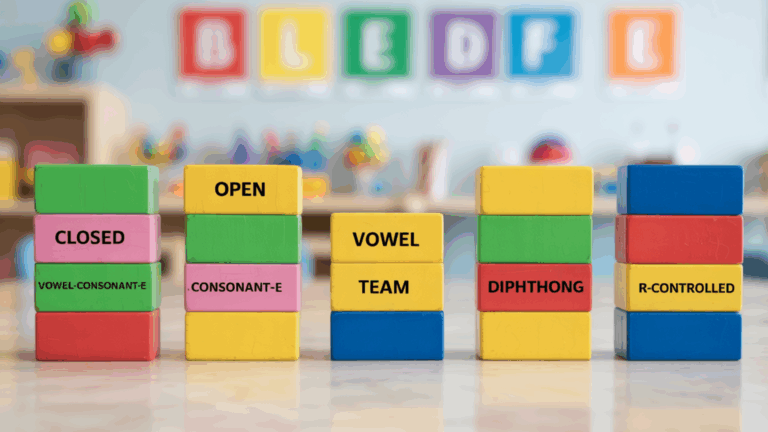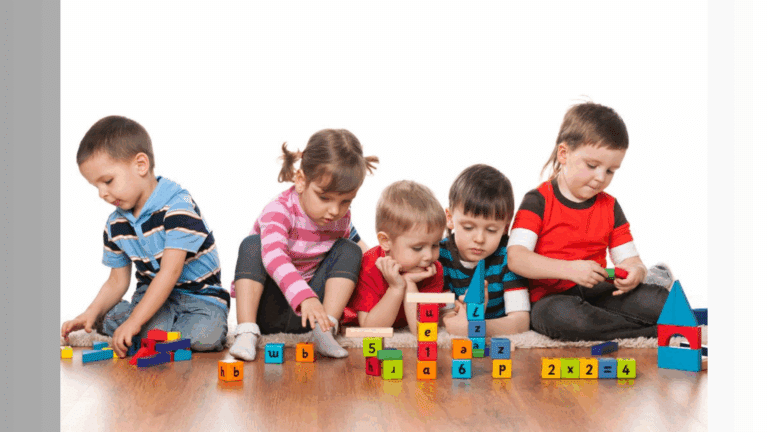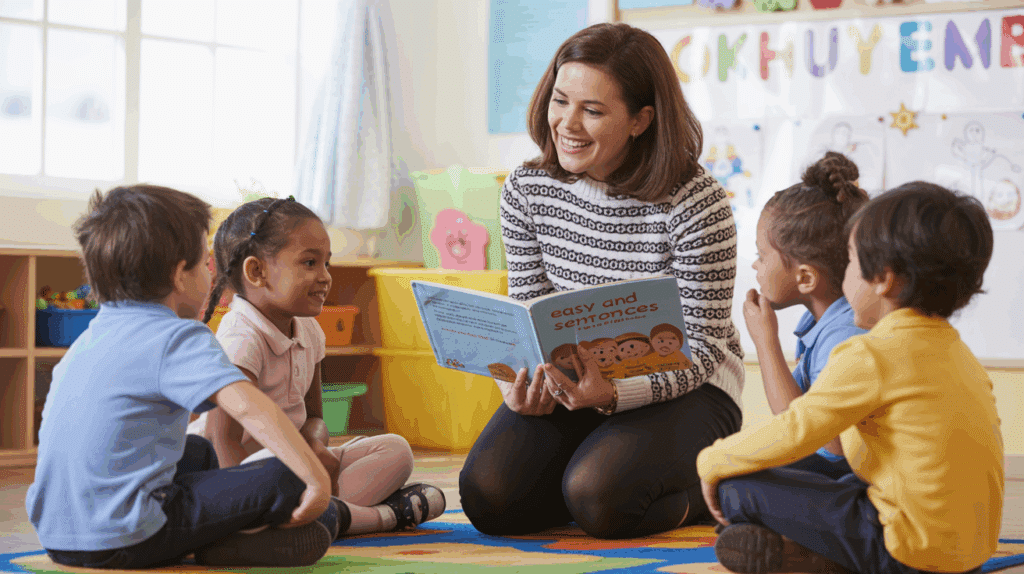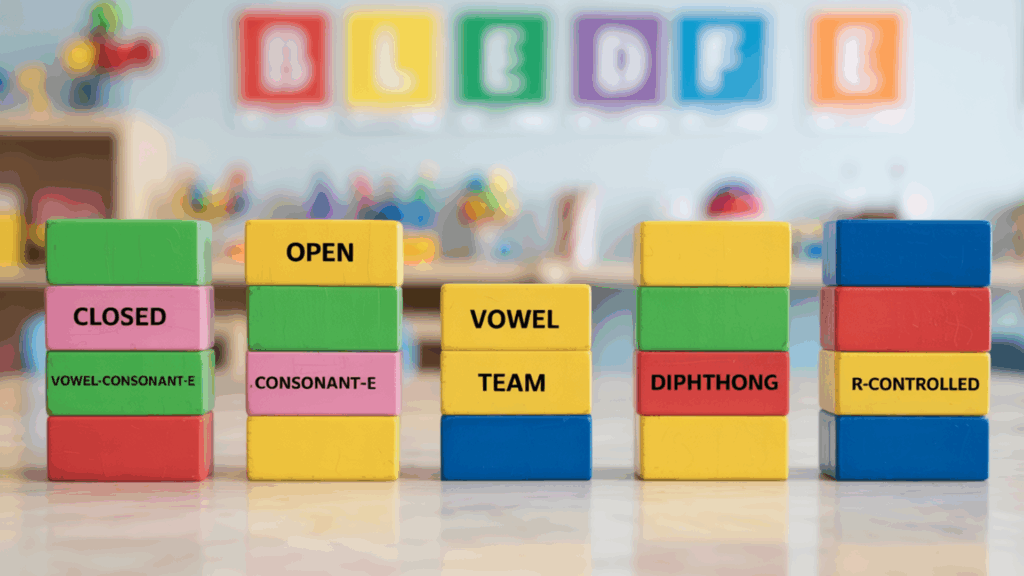The topic of sexuality often makes parents feel uneasy, especially when it comes to discussing it with their children. It is even commonly referred to in euphemistic terms, such as having the “birds and the bees talk.”
As much as its important to have ‘the talk’ with your kids, its equally important for the parents to do it right. This is a growing world of technology and digital shortcuts. We are so close to every bit of knowledge we want like never before, and so are our kids.
Intimacy and affection have always been subject to beating around the bush for parents who don’t know what to say or are confused about the language to use.
It’s important for them to learn about their bodies, how bodies change during puberty, the basics of reproduction, the value of consent, unintended pregnancies, STIs, and contraception. So, it is important to have the birds and bees talk with your kids before they are ill-informed or overwhelmed by information they can’t process.
So, let’s look at how we can turn the birds and bees into natural conversations that empower your child to make smart sexual decisions.
Importance of The Birds and The Bees Talk

You might have at least once been hit by the most curious question, “Where do babies come from?” Might there be a wedding or a couple holding hands? Your kids might have that many questions.
Or when they have a crush, experiencing the first waves of attraction. It is important that you create an atmosphere in the home where kids are comfortable asking doubts and sharing their queries so that they have the confidence to approach you with anything.
The birds and bees talk helps your kid be more confident and aware of their body. They will know about consent and the fact that their body belongs to them. It teaches them to navigate confusing situations and understand how society perceives them.
This doesn’t mean you must bombard them with all the information. All a parent has to do is create a foundation. A foundation of basic information from which the kids can build a world on their own so that when they come across new ideas, they know where to place them.
Point to Remember Before Having the Talk
- It is okay to feel a little awkward or embarrassed. The important part is for you to face the kids with rational information.
- Provide information in snippets. You might have to repeat them even then.
- Find credible sources for information. You have to have a clear idea of these ideas, along with child psychology.
- Keep it super simple – just like you would explain other things like why the sky is blue and where rain comes from.
- If you don’t know how to answer, tell them you will get back to it. After some research, make sure you do.
- Don’t forget to use books, as they provide you with age-appropriate information and can help to make conversations feel less awkward.
- Try to be open-minded. Let your child explore themselves and draw conclusions on topics of multiple social opinions.
Get the Right Approach: Towards Birds and The Bees Talk
Well, sex education doesn’t just mean sex. It includes a lot of mental and physical subjects, starting from body structure or a primary school crush. Your child might be young to digest the concepts of sex, but not about their bodies and feelings.
Many fear whether the kid would understand what they are talking about. Whether they are too young for the language. Well, don’t they learn how a hen produces eggs in their science class? Sex education is not much different. Try approaching it like explaining any other scientific process.
What if there is too much information is the next query. Kids forget what they don’t understand. It just passes them right through. As a parent, you might know that.
If you think this kind of information is age-inappropriate, remember this is as common and natural as any other biological process. Kids are not yet exposed to the ideas of lust and desires. They are just curious about the biology, and that’s just it.
Parents also wonder about the kids who don’t actually ask these questions. Do not try being in your comfort zone by avoiding the talk. If they aren’t curious, you might have to take the initiative. Start slow.
Ask them about bees pollinating or babies just coming into existence. You don’t have to take a long lecture on something they are not enthusiastic about hearing. Make them wonder. And then slowly answer the questions.
How to Have The Birds and Bees Talk
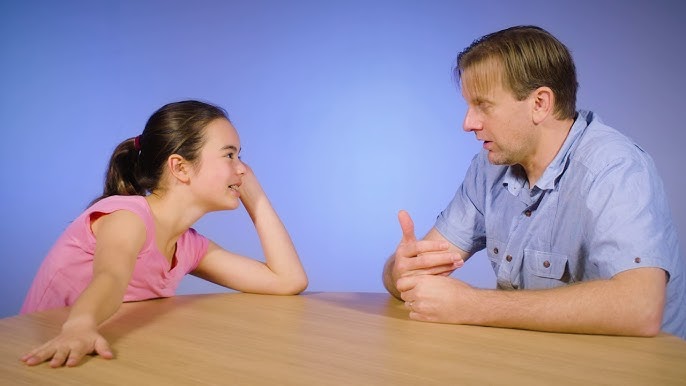
1. Initiate
Many doctors recommend teaching kids about their bodies at age four or five. Parents usually panic at an early age, but the earlier you start, the better it gets with time. Research has shown us that children at this age have a very healthy curiosity about how their bodies work.
As a result, this may be the most comfortable time to initiate the conversation while they are yet to start being ashamed of their bodies.
Start early with conversations at home. This doesn’t just give your kid a right start on the path but also makes them understand you trust them with information, and you will be present if they need help. This lets them come to you when in doubt.
2. Approach
So, how do you bring up the subject? If your kid doesn’t approach you straight away with the topic, one way is to take advantage of “teachable moments.”
These are events in our everyday lives that open the doors to initiating conversation. See a baby changing diaper? Your kid might have noticed the difference in the body structure of different babies. Start from there.
Let them know about different sexes. How people are born with various sex organs and what they are. Avoid the age-old practices of using childish nicknames for these organs.
It’s purely biological. Don’t confuse them with a bunch of silly words or make them believe that this is something to be so discreet about that you should even say it out loud. Use words like penis and vagina.
Let them know that those are body parts like legs or arms, and there is nothing to be afraid of. But at the same time, make sure to teach them about private parts without suggesting they should be ashamed of it.
Make them realize that their body belongs to no one, not even their parents, but them alone. Talk about the good and bad touch. If they are not okay or don’t feel safe around someone, ask them to stay clear of this person and talk to you about it.
3. Clearing the Myths & Misinformation
It is common for kids to get the wrong information from their friends at school or playground. They might come home saying they found out what parents do to make babies or saw some inappropriate picture. Stay composed. Do not panic and make your kid confused.
Start by asking them where and how they heard it. This helps you to get a start and also get an idea of how many kids have heard it and alert their parents. Ask them to explain what actually happened. This makes it less awkward by opening up a conversation.
Understand what they heard and build from there. Break their information into pieces and clear each part. Ask them if they have any doubts. Be patient. They might not share your pace or your language.
4. Ideologies and Differences
We live in a world of sensitive subjects, especially regarding sex and identities. You are an adult, and you might have your conclusions and stand on the topic.
Try not to push your child into blindly believing these ideologies that you have made from your own experiences. Unless it hurts, no one lets the kid reach their independent conclusions.
They might have doubts about why your ideas are different from the ones that you saw in a movie last night. Rather than simply suggesting that these are the values you personally hold, do not mold your kid into being you.
Appropriate Topics to Discuss: An Age-By-Age Walkthrough
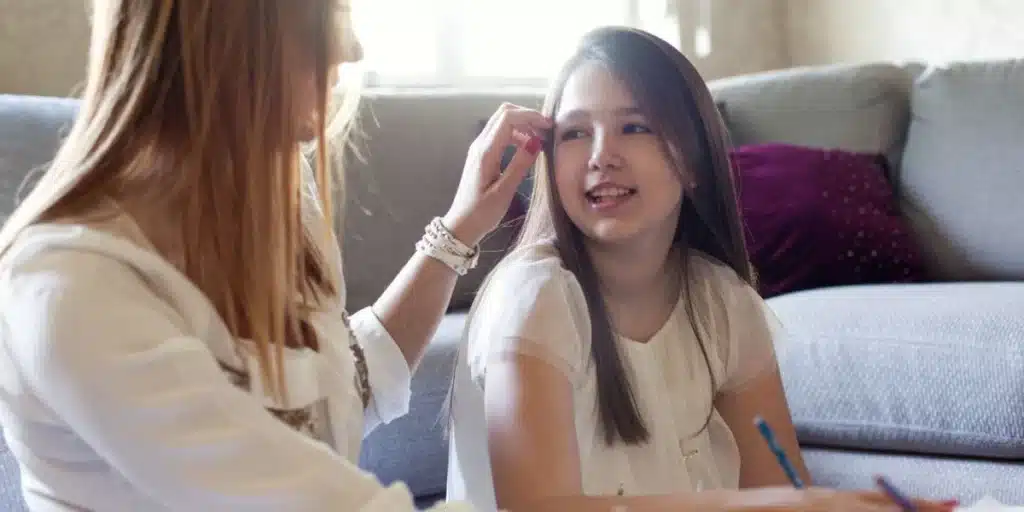
Even Though your child starts asking questions later on or you have to start initiating the topic at age four or five, sex education is rather a long process that starts right when your child is a baby. It is conveyed through your actions and reactions.
1. Ages 0-3: Exploring and Learning the Terms
Set a serious yet low-key and open tone about sexuality issues. It’s normal for babies and toddlers to touch their genitals during diaper changes and bath time and for baby boys to have frequent erections. Try to act casually about your child’s interaction with their genitals rather than calling attention to it by laughing, making weird faces, or getting angry at your child.
Teach your child the proper names of body parts from your child’s infancy on — without giggling — so you don’t need to make the leap from nicknames to the proper names later on.
2. Ages 4-5: Wondering Where Babies Come From
Look for natural “teachable moments” for talking about the topic of sex, the AAP advises. For example, talk about genitals at bath time and loosely explain pregnancy when you or someone you know is expecting a baby. You don’t have to go into the details.
Make sure to build a base. You might be attacked or even shocked with questions from your kids. Stay calm and realize that those are just terms for them, and you have the opportunity to steer them in the right direction.
3. Ages 6-7: Setting up Boundaries
Teach your child how to protect themself from sexual abuse and let them set boundaries for their body and personal safety. If your child hates being tickled or seen naked, even by immediate family members, allow them to make the rules and say “no” to things that concern their body. Also, teach to respect the body of others with the same boundaries.
It’s natural for children to become more modest about their private parts as they get older and more independent, but it’s good to teach them that nothing about their bodies is shameful. Talk with kids about the beauty of romantic relationships so they learn that love is connected to sexuality.
4. Ages 8-12: When The Puberty Hits
Prepare your child for puberty. Even though you can make sure there is proper sex education given in the school, don’t leave it up entirely to school health/sex education teachers — their information may be too little, too late. Puberty usually begins between ages 8 and 13 in girls and ages 9 and 15 in boys.
When you discuss puberty, you may need to touch on the basics of sex, but unless your child has specific questions, you can put a halt on in-depth conversations for later years. Allow your child some more privacy in his tween and teen years. You should be the first one to respect their boundaries.
5. Ages 13 & Up: “The Talk”
Parents are usually anxious about teenage kids and their sexual explorations. But don’t spy on your child’s every move online. Rather, talk about rules for mobile safety and using apps and social media wisely. They might not always listen to you. And you do not have to push yourself too hard and break into their privacy. Its hard, but give them space to figure things out independently.
Teenage is also the time to talk about sex and contraceptives. Give them a clear-cut idea about the same. Many teenagers might resist. That’s okay. It’s time to realize you might not just be the credible source of information in their life. They can get information from various platforms that might actually be true. If so, let them be. Just make sure you are there when they need you.
Final Thoughts
Talking to kids about sex can feel tricky when you first get started. And most parents feel awkward and uncomfortable at the beginning of the birds and bees talk. But luckily, the more you talk, the easier it gets.
Your kid is still young and way more flexible and rational than you are. Do not worry. They will get at least some of what you are trying to say. You might have to repeat. But they are going to get there.
Open and honest conversations about sex are important as they help your child make the right decisions about love, sex, and relationships. It also makes them grow into confident, sex-positive adults. It could help strengthen your relationship without feeling embarrassed, awkward, or nervous.
At the end of the day, you can’t stop your child from hearing about sex-related stuff that they are just not ready for. But you can help your child to process better by answering their questions about what they hear.


